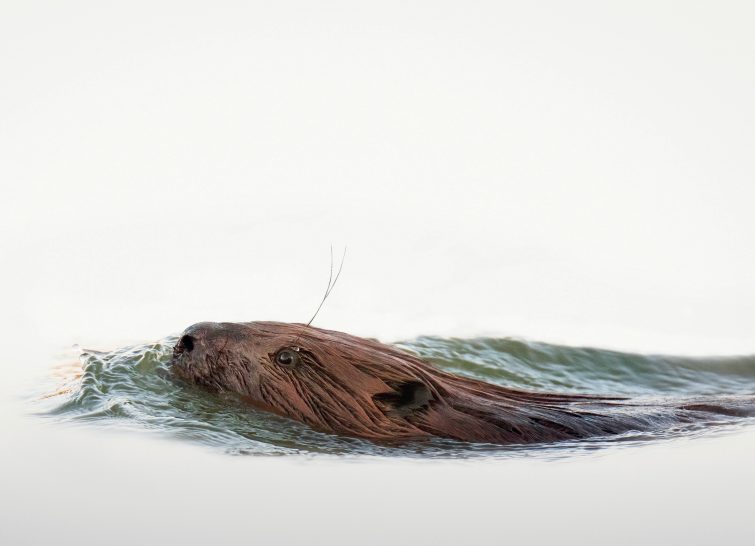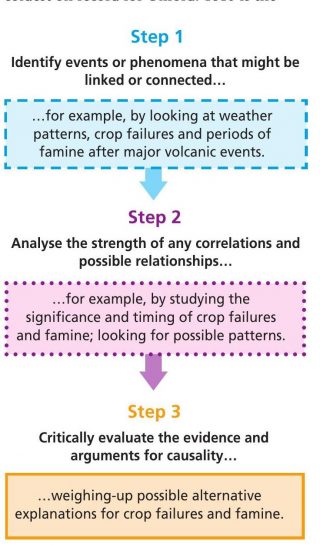
Fish live in maddeningly complex ecosystems. Their populations fluctuate, with enormous surges and rapid declines. They have highly variable diets, stitched together in complex predator–prey food webs, which shift as they grow older.
Over the past 150 years, humans have tried to adapt fishing methods to cope with this complexity. A variety of scientific and managerial approaches have been developed. In the 1950s the concept of ‘maximum sustained yield’ was introduced to promote the rational use of fish resources. Although the concept has been criticised for at least 40 years, it still dominates fisheries science and management. This article looks at how it emerged and why it still has not led to sustainable resource use.
Your organisation does not have access to this article.
Sign up today to give your students the edge they need to achieve their best grades with subject expertise
Subscribe




